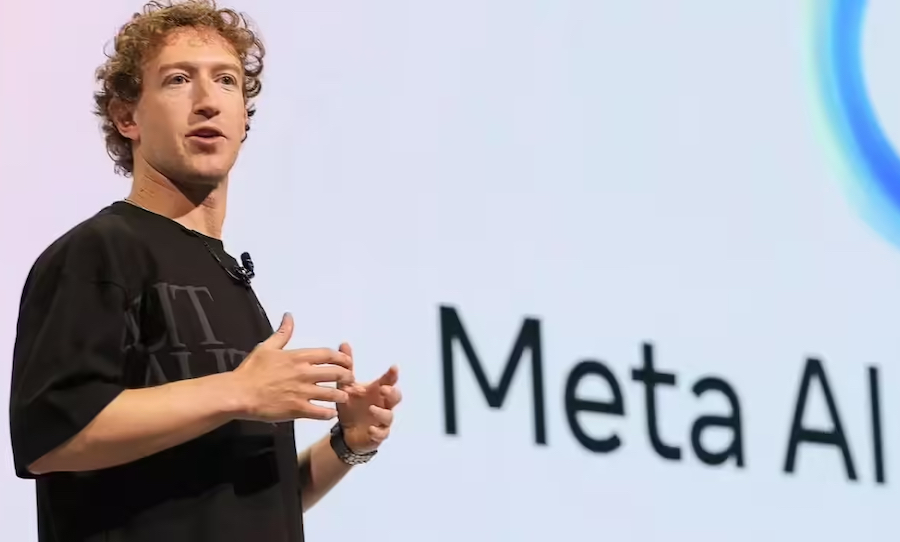There’s that old proverb, “Every cloud has a silver lining.” Well, perhaps one tiny silver lining from the ever-unfolding mess that is Brexit is the UK’s decision to no longer implement the dreaded Article 13, aka ‘the meme ban’.
Article 13, which is now officially known as Article 17, is the controversial EU copyright directive introduced in May 2019. In a bittersweet twist, it’s only because of Brexit that the UK can reject it.

As the UK prepares to move ahead with Brexit, one small victory emerges: the rejection of Article 13, otherwise known as ‘the meme ban.’
So what exactly is the meme ban?
Article 13 intends to reduce the sharing of copyright-infringing material online. It requires companies – like Facebook, YouTube, and Twitter – to use automatic filters in order to limit such sharing.
Except, allegedly, these filters wouldn’t be able to distinguish between genuine copyright infringement and content that is merely “for purposes of quotation, criticism, review, caricature, parody and pastiche” – and that latter category is, of course, the home of all things meme.
Facebook, YouTube, and Twitter have been opposed to the bill as it would require the heavy policing of user-generated content, a truly mammoth task. At one point YouTube even launched the hashtag #SaveYourInternet as a protest.
The exact reason for the UK’s rejection of the bill is unclear, however, Boris Johnson did publish a Tweet last March calling it “terrible for the internet”.
The EU’s new copyright law is terrible for the internet. It’s a classic EU law to help the rich and powerful, and we should not apply it. It is a good example of how we can take back control
— Boris Johnson (@BorisJohnson) March 27, 2019
Whilst UK residents may now be free to meme to their heart’s content, other EU nations will have until June 7 2021 to implement the reforms.



